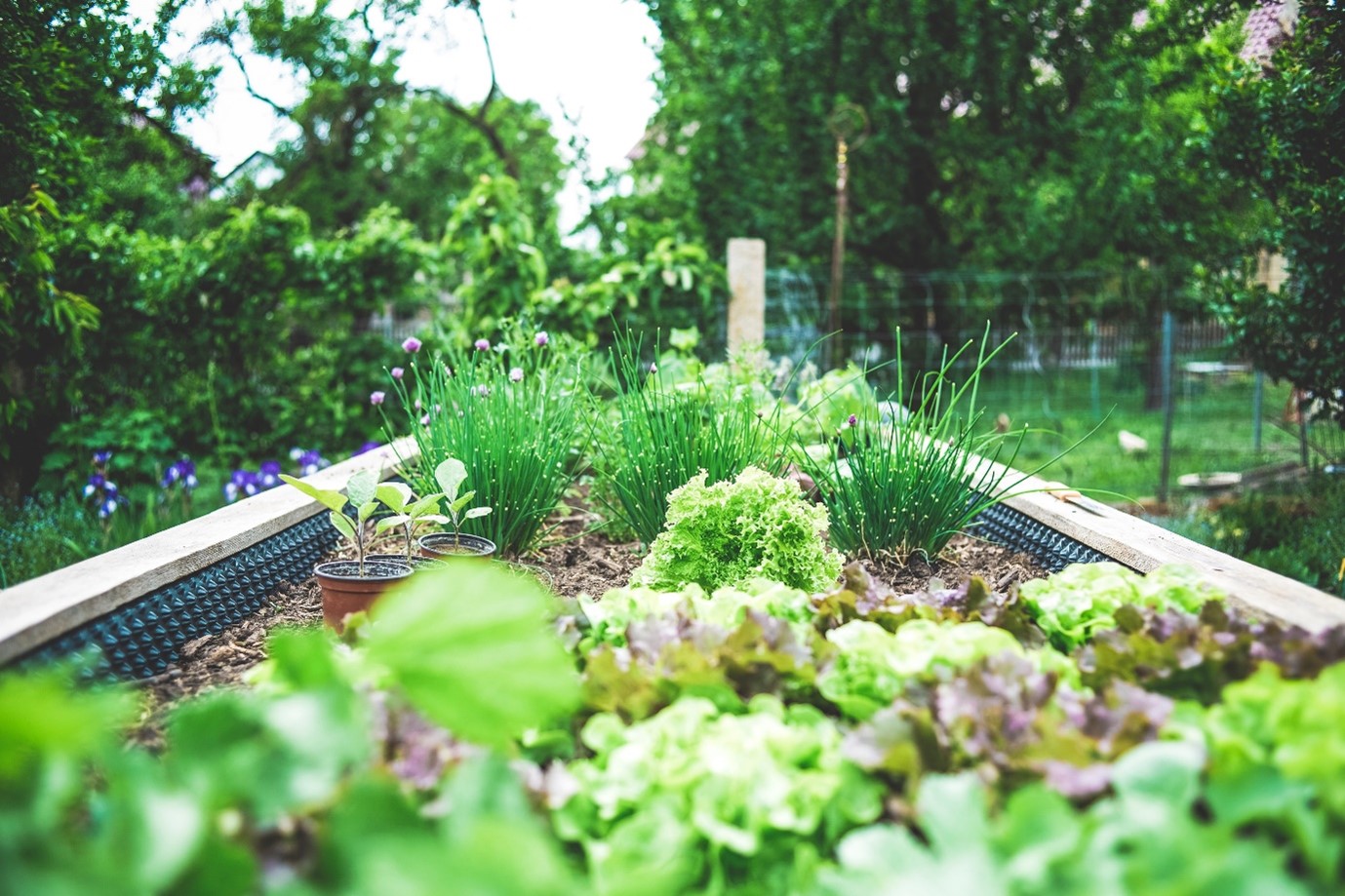What is the impact of Dementia?
People experiencing dementia may experience social isolation as their ability to engage in activities they enjoy and participate in their community declines. They may lose contact with friends and social groups which were a regular part of their life. Social isolation can lead to feelings of loneliness which impacts on a person’s mental health and more broadly, their quality of life.
Carers may often experience feelings of social isolation as their ability to go out and enjoy time with friends is often reduced. They may not always have access to support services to care for their loved one whilst they go out. Carers may also face challenges when trying to engage in joint activities with their loved one experiencing dementia.
If a person transitions into residential care, they may experience a loss of independence, of identity and life roles. Residents often lose contact with community groups of which they may have been a part of. They often lose the ability to freely access the community to participate in activities which they previously enjoyed, such as attending concerts or other musical events. Relationships can also suffer leading to the resident experiencing loneliness and grief at the loss of friendships. These feelings of loss and grief can lead to low mood, agitation, and anxiety.
Although most aged care facilities have activities and programs and attempt to facilitate ongoing engagement in the community for their residents, many of these have been affected by the recent pandemic resulting in less community interaction. Whilst music is increasingly recognised as an important component of not just dementia care but well-being for all residents, aged care facilities are not always able to access musicians easily or if they can, the music is generalised and does not cater for specific preferences.
What are the benefits of music for people with dementia?
Music is fundamental to the experience of being human and the benefits of music can be felt by us all. Musical engagement offers a range of physical, psychological, and cognitive benefits for people living with dementia. These benefits have been well researched and documented over many years. Music activates areas of the brain related to emotions, memory, and communication. As we age, music continues to play an important role in maintaining our sense of independence, personal relating, and identity.
Music can help us remember
We all know that sometimes when we hear a song, we are reminded of an event or time in our life. It is no different for the person living with dementia. This is because musical memories are often relatively undamaged by the disease and sounds created from music awaken parts of the brain undamaged by the disease. Music can help memories to resurface by providing people with opportunity to connect with memories that may have been forgotten. Music from the younger adult years is most likely to evoke the strongest of responses and lead to positive engagement and recollection. Although use of unfamiliar music can also be beneficial because it can reduce the possibility of a negative reaction occurring as it carries no memories.
Music can help us feel good
Music has the power to change our emotional state. When we are feeling sad or down, we may reach for a slow song. People are likely to play sad songs when they are feeling down, so they can seek comfort in the fact that someone else is feeling the same way and they are not alone. When we are happy, we often turn the volume up and choose songs that are faster in tempo. Often, we connect a piece of music with a memory or a feeling. Music can make us smile, laugh, cry and dance. Music is often part of our daily life, whether it is listening, singing, or playing an instrument. It can also provide a sense of pleasure, comfort, and sense of atheistic fulfillment.
Research suggests that listening to or singing songs has benefits to people with dementia including:
- Reduced stress
- Reduced anxiety and depression
- Reduced agitation.
Music can help us connect
People with dementia often have difficulties expressing themselves verbally, affecting their mood, ability to connect with others, and mental well-being. Dementia often reduces social connection by affecting one’s ability to recognise loved ones, move around and communicate. Musical activities, such as singing, dancing, and playing an instrument, may provide an outlet for someone to express themselves and opportunity to connect with a loved one. Participating in music in a group setting can also help to develop new, healthy relationships and to increase overall well-being.
How can Memory Nurture Help?
Memory Nurture strives to be at the forefront for delivering innovative, integrated, and holistic services to people with dementia and to provide support to their families. This includes integrating music as much as possible across a range of our services.
Music Nurture is a service offered where our skilled Therapy Assistants are trained on how to use music when providing face-to-face individual and group support. To make a referral click here.
Meet a Musician Friendship Program is a service offered where we bring together musical artists and people living with dementia and their caregivers and to foster friendship through a shared love of music. The service is delivered virtually (using Zoom platform) or face-to-face (upon special request). Both individual and group sessions can be organised. To book a session click here.
Music Activities for Dementia
At Memory Nurture we can help support you or your loved one to engage in music by helping the person living with dementia to:
- Explore their musical interests
- Share their musical memories
- Sing songs
- Listen to live or recorded music
- Look-up music songs
- Write song lyrics
- Compile a music playlist
- Play an instrument
- Engage in music improvisation
- Review musical resources
- Use music to relax
- Create musical art
- Move to music in ways such as tapping, clapping, nodding, or dancing
- Explore musical history and interesting facts
- Connect with others in group music
Benefits of musical activities for dementia
Some of the benefits from regular engagement the person living with dementia may experience includes:
- Maintained or improved cognitive functioning – including memory recall, alertness, attention, and communication
- Maintained or improved self-regulation – including positive changes in mood and emotional states
- Maintained or improved sense of well-being – due to increased opportunity to self-express, maintain one’s independence, engage in purposeful activity and connect with others
- Maintained or improved physical well-being – due to increased opportunity to move to music
If you would like to know more about Memory Nurture’s Creative Arts programs (Meet a Musician, Music Nurture, Art Therapy), please contact us.










